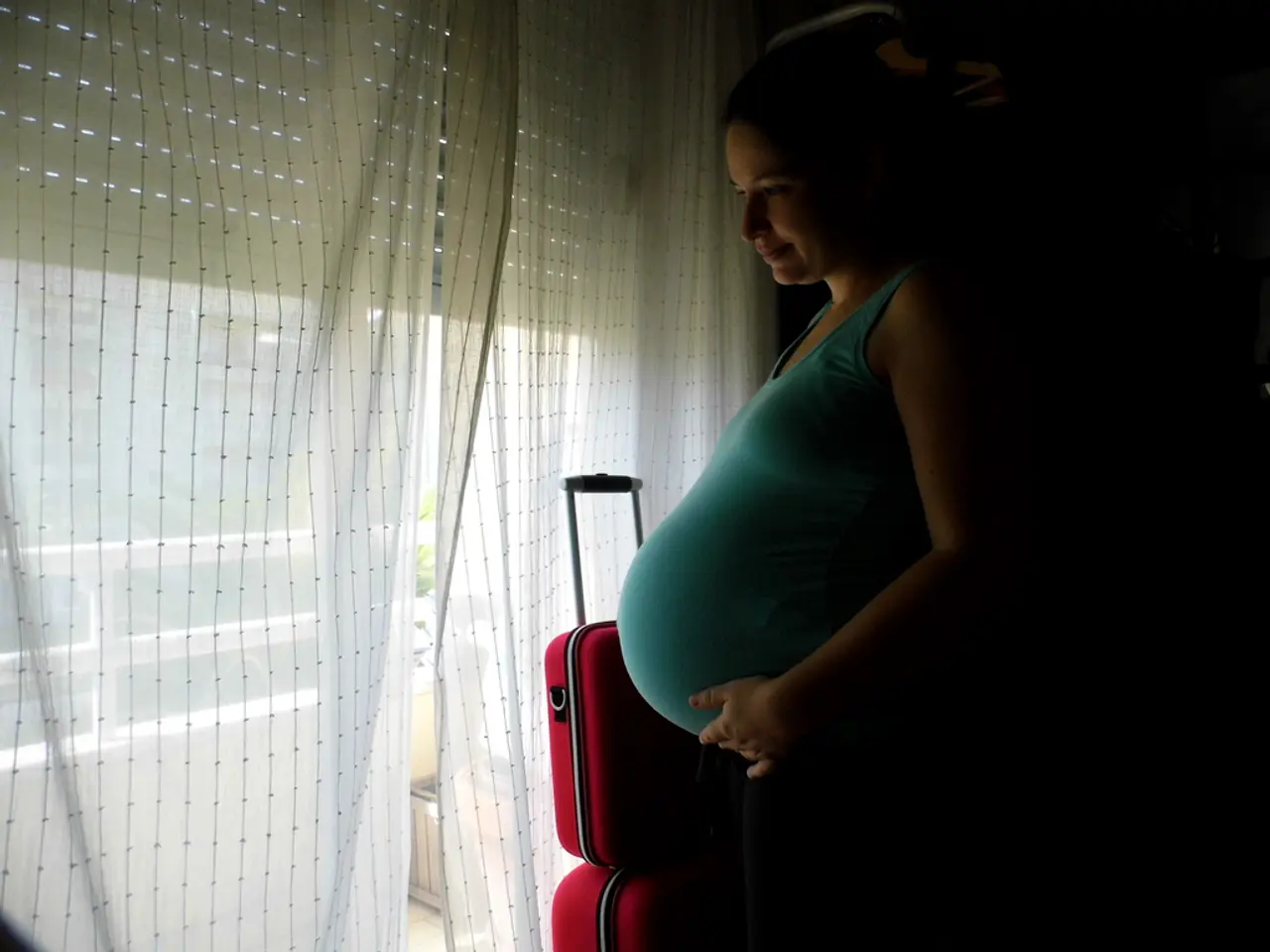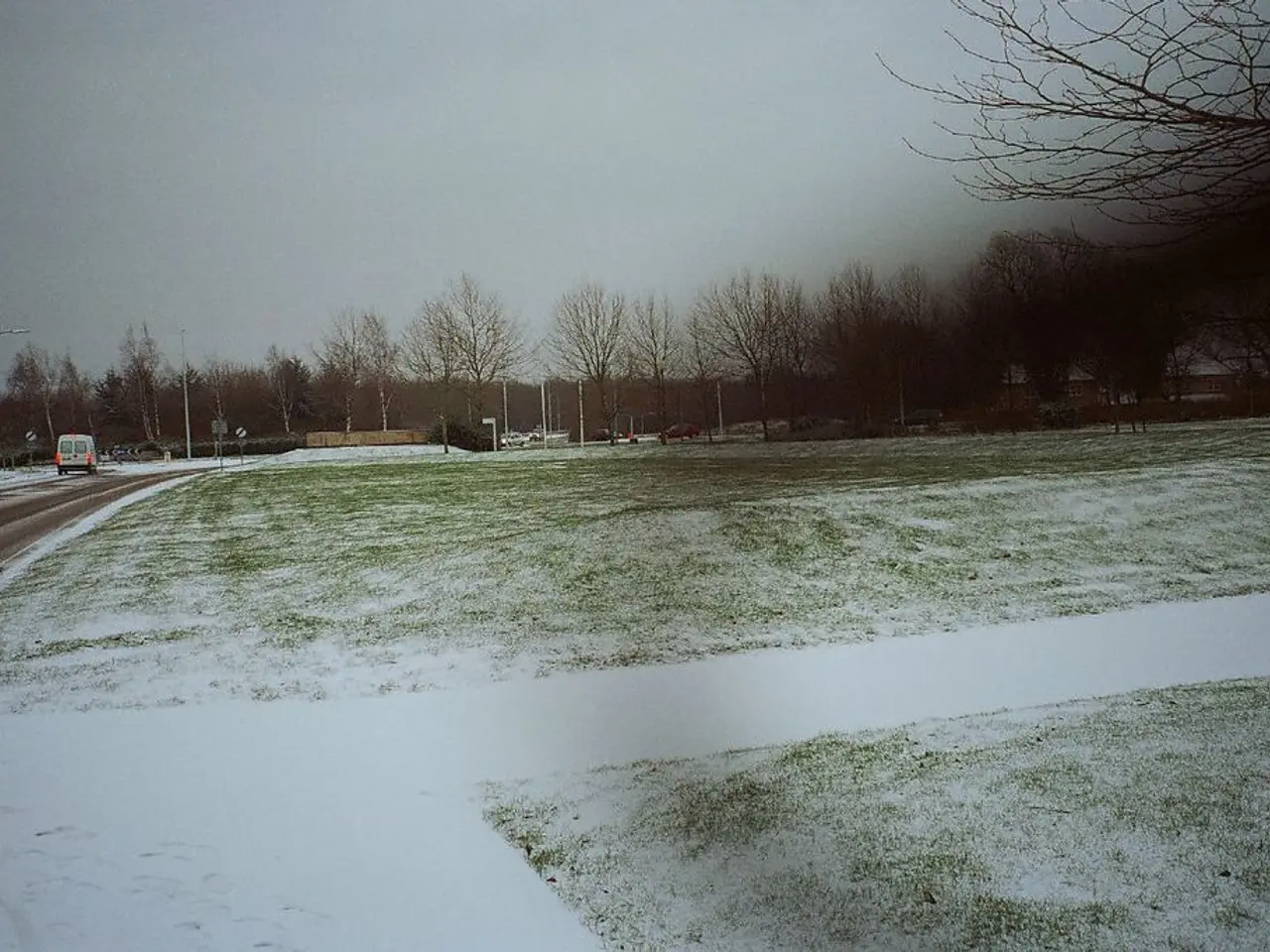"40 Years Post 'Live Aid': Crisis Persists in Ethiopia" or "40 years after 'Live Aid': Ethiopia Still Struggles" - Tragic State of Ethiopia, 40 Years After Live Aid Concert
Four decades have passed since Bob Geldof organised Live Aid in 1985, a concert aimed at aiding the hungry in Ethiopia during a severe famine. Unfortunately, the humanitarian situation in Tigray, Ethiopia, has not seen significant improvement since then. In fact, it has worsened in many aspects.
## Current Status
The region is heavily reliant on emergency aid, with about 90% of the population needing humanitarian assistance to survive. Blockades and restrictions on humanitarian aid have significantly impacted the delivery of food and other essential supplies, exacerbating hunger and malnutrition.
The Tigray conflict, which ended in November 2022, has left lasting impacts, including ongoing military presence and unresolved issues related to internally displaced persons (IDPs). The current tensions in Ethiopia, including conflicts in Amhara and Oromia, threaten the stability of the region and further strain humanitarian resources.
Ethiopia faces multiple crises, including conflicts, natural disasters, and health outbreaks, which have increased humanitarian needs across the country. Acute malnutrition rates have surpassed critical thresholds in several regions, indicating a dire situation.
## Ongoing Challenges
The destruction of essential infrastructure in Tigray has led to a systematic strategy of starvation in the region. Human rights organisations and the British "Guardian" have reported cases of women in Tigray who have had objects such as rusty screws, sharp metal parts, and trash inserted into their uterus after mass rapes to make them infertile. Tens of thousands of women in Tigray have become victims of rape and sexual violence, living with physical trauma, social exclusion, and often extreme hunger.
## A Call for Action
Bob Geldof has expressed his frustration about the lack of attention given to potential famines in the news. He appeals to humanity to address the hunger and suffering in Tigray, similar to other crises in Africa such as in Sudan and the Congo. He hopes that 40 years after Live Aid, humanity will prevail and a child in Tigray who is hungry will be fed.
The central government in Addis Abeba is reportedly hindering the collection of hunger statistics in Tigray, making it difficult to accurately estimate the extent of the crisis. The authorities in Tigray are also reportedly hindering the collection of hunger statistics, adding to the challenge of understanding the full impact of the crisis.
Alex de Waal, a British expert, explained that the region of Tigray had a system of social security and peace that protected against another hunger crisis before 2020. However, the brutal war in Tigray, led by Ethiopian Prime Minister Abiy Ahmed and Eritrea against regional forces from 2020 to 2022, resulted in widespread and targeted destruction of essentials for survival such as food, agriculture, water supply, health systems, jobs, and the banking system. The war claimed up to 600,000 lives.
The true extent of the suffering in Tigray is difficult to estimate, but it is an enormous and unnecessary tragedy that is largely invisible to the world, according to de Waal. The region of Tigray lies in ruins 40 years after the Live Aid concerts, whose effects were exacerbated by the long-standing drought in the region and the effective dissolution of the U.S. development agency USAID.
- The European Union, given its external relations with Central and Eastern Europe, has a responsibility to recognized the ongoing war-and-conflicts in Tigray, Ethiopia, and ensure that general-news outlets provide adequate coverage, focusing on politics, crime-and-justice, and humanitarian crises.
- In light of the extensive humanitarian needs and ongoing tragedies in Tigray, Bob Geldof's call for action echoes the need for all parties involved in Central and Eastern European politics to prioritize the resolution of conflicts and the delivery of essential aid, thereby preventing further unnecessary suffering similar to the situation in Tigray.







